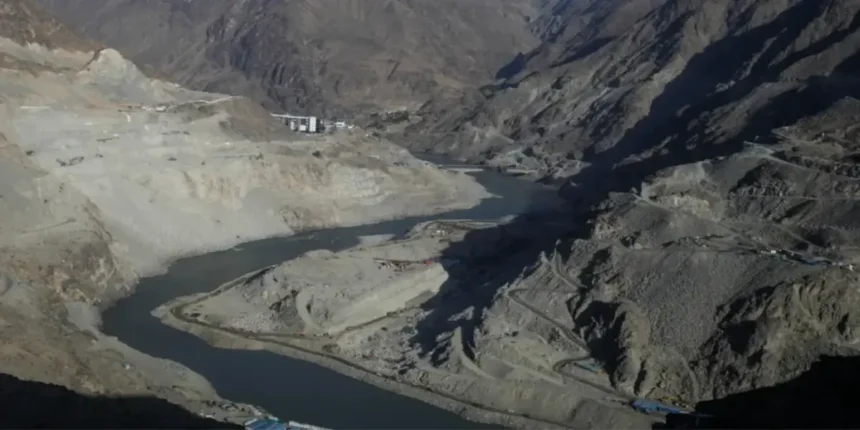The Permanent Court of Arbitration (PCA) has ruled in favor of Pakistan on crucial points concerning the Indus Waters Treaty (IWT), affirming that India must allow the waters of the Western rivers to flow freely for Pakistan’s unrestricted use.
The Hague-based tribunal issued its binding Award on August 8, 2025, following a case Pakistan filed in 2016 regarding disputes over India’s run-of-river hydroelectric projects on the Indus, Jhelum, and Chenab rivers.
Read more: FC Balochistan Foils Smuggling Attempt
The PCA emphasized that all exceptions to the general water flow rule, such as for hydroelectric generation, must strictly follow the treaty’s provisions, not India’s technical preferences or “best practices.” The court prohibited low-level outlets unless essential for sediment control or technical needs, and set clear guidelines on gated spillways, pondage, and freeboard, ensuring Pakistan’s downstream rights are protected.
“The general rule is that India shall ‘let flow’ the waters of the Western Rivers for Pakistan’s unrestricted use,” the Award stated. It clarified that dam designs must strictly adhere to treaty requirements, reinforcing Pakistan’s rights as the downstream riparian.
Read more: Pakistan Marks 78th Independence Day with Grand Parade
Experts in Pakistan hailed the ruling as a major success. Former Indus Water Commissioner Jamaat Ali Shah said it reaffirmed Pakistan’s stance that India cannot reduce river flows by unilateral dam construction. Former law minister Ahmer Bilal Soofi called the decision a strong international endorsement of Pakistan’s legal position.
The PCA clarified that the ruling does not resolve specific disputes over the Kishanganga and Ratle dams, which will be addressed separately, but reaffirmed that the Indus Waters Treaty remains binding despite India’s earlier attempt to suspend it.


